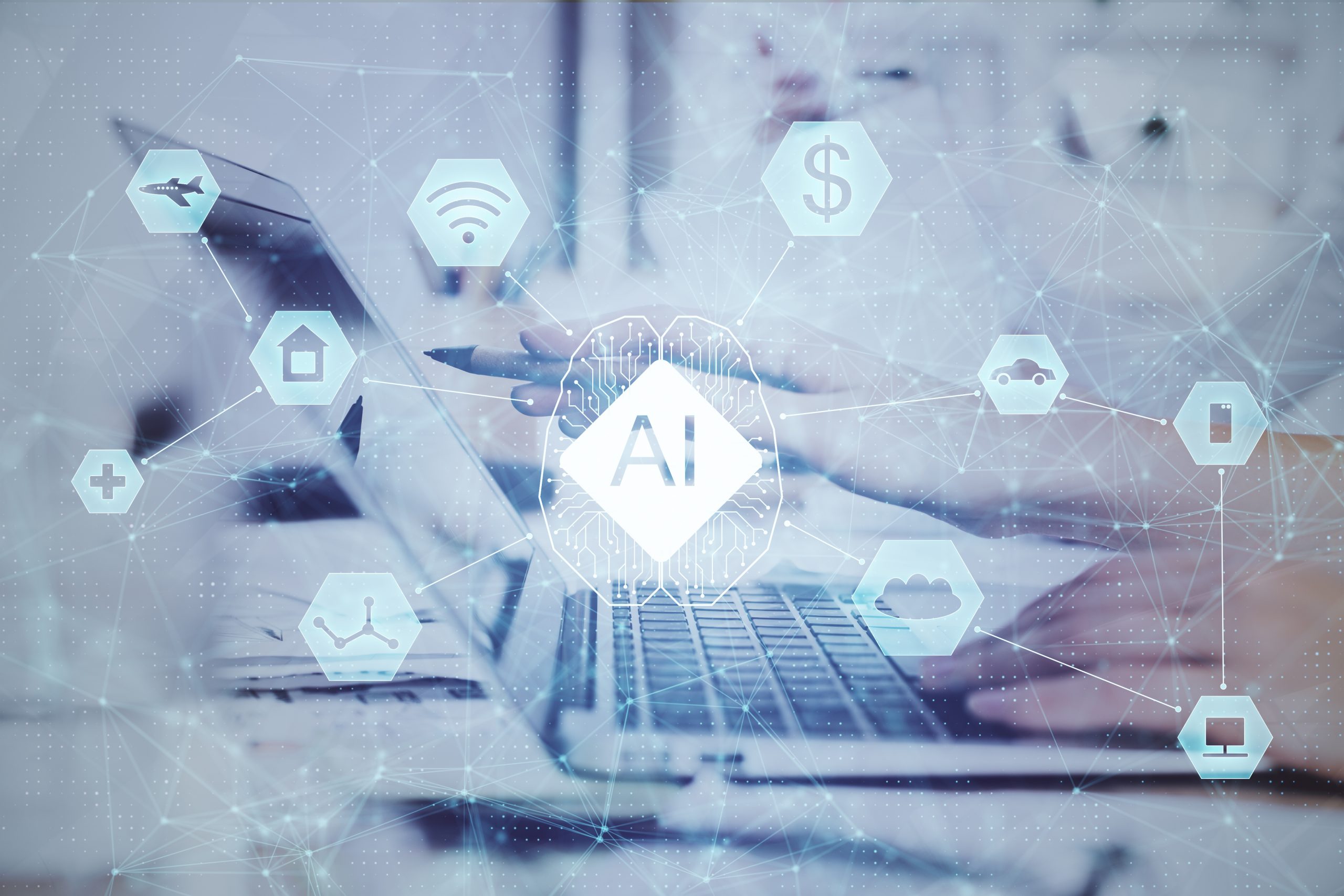Software developers use algorithm-based machine learning to speed up the software development life cycle, and artificial intelligence (AI) supports them through the development process.
Furthermore, many business owners these days achieve significant business outcomes by hiring developers such as Ideas2IT, a custom software development company in Dallas, that can take their enterprise ahead of the competition.
To better understand how such technological advancements can benefit your company, you can enroll in an artificial intelligence MBA program. The course will provide you with knowledge of business applications of machine learning and technical skills by understanding the world of AI and how it applies to your business. Nevertheless, below are the five ways AI is reshaping software development.
1. Changing The Role Of Software Developers
Artificial intelligence helps developers at every process of software development. For that reason, it’s also changing the way human developers work, and their roles may look very different years from now.
But keep in mind that AI won’t soon be able to replace human developers. The technology industry is still far off from replacing people with artificial intelligence that can write code independently. After all, software development is a complex process that needs a human brain to operate AI and give it directions.
AI is able to handle simple, repetitive tasks, allowing programmers to focus on complex work that involves plenty of problem-solving. That’s how their roles will transition and combine, which would ultimately improve the software development process.
2. Accurate Estimates
Accurate and speedy project cost estimation is vital to customer satisfaction. However, it’s still one of the most challenging tasks in software engineering, especially when the projects are extensive and still in the conceptual stage.
Artificial intelligence and machine learning (ML) technologies are changing the traditional software cost estimation methods into an intelligent and flexible approach. Machine learning can analyze data from past projects, such as features, forecasts, user stories, descriptions, and provide accurate budget estimates.
Software developers are known for not being able to give precise estimates on costs and timelines. The good thing is that developers can use AI and machine learning to solve human estimation errors and arrive at the exact forecast. As a result, this’ll allow project managers to weigh dependencies, generate detailed reports, and automatically analyze requirements.
3. Real-Time Customer Feedback
Real-time input and AI-driven technology will change the way users interact with online platforms such as video conferencing software. Machine learning will enable the software to learn how users are automatically adjusting buttons, font size, and on-page elements and how users behave and respond to various actions by providing variable content. As a result, this builds a dynamic software experience that pulls in user data utilized by developers to make some adjustments to the code.
In addition, as many customers today turn to real-time intelligent services and user-friendly apps, software developers can increasingly gather more real-time information about customers’ journeys. By implementing AI-driven tools, developers can monitor the customer experience and generate insights that’ll allow them to provide a whole customer experience and engage with them in a timely way for excellent service recovery.
4. Automated Error Management
AI-driven technology can learn to identify common errors when you provide software analytics and past data to it. ML algorithms can fix missed errors due to vast amounts of data and human errors and help developers create software effectively. The operations team can also use machine learning in the deployment phase to productively uncover and flag errors by analyzing the system logs.
In addition, AI and ML algorithms can prevent and predict human errors automatically by going through databases to determine abnormalities and offering various steps to help developers steer clear of such mistakes. AI improves quality and efficiency by making it easier for developers to locate and correct those abnormalities.
5. Strategic Decision-Making
AI and machine learning can speed up decision-making by analyzing the success rate of previous development projects. This allows development teams and stakeholders to make data-driven business decisions and limit risk.
Decision-making in the development process will be revolutionized because all decisions are driven by analytics. Better decision-making based on analytics and derived from past behavior will help control the risks and costs associated with them. AI’s decision-making can eliminate human errors and biases, leading to informed, intelligent decisions.
Additionally, as AI gets increasingly better at giving precise insights that result in better decision-making, decisions based on gut instinct alone will decrease. What’s more, investors and shareholders won’t be forced to depend on the guidance of a particular person and more on the insights provided by ML algorithms. Business owners will then seek more software developers, and future leaders will implement human decision-making less often in various businesses for the sake of efficiency and accurate outcomes.
Conclusion
It’s becoming more apparent how AI will become an invaluable asset to all business operations in the modern software industry. And if you’re a business owner, you need to adapt to new technology such as AI that ensures your company’s growth. To stay ahead of the curve, you should deploy advanced tools and software to help your enterprise operate efficiently.



